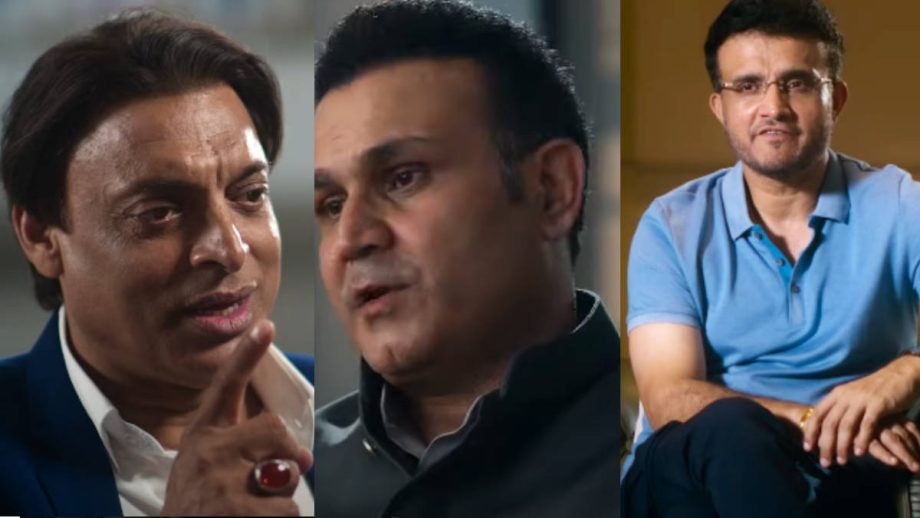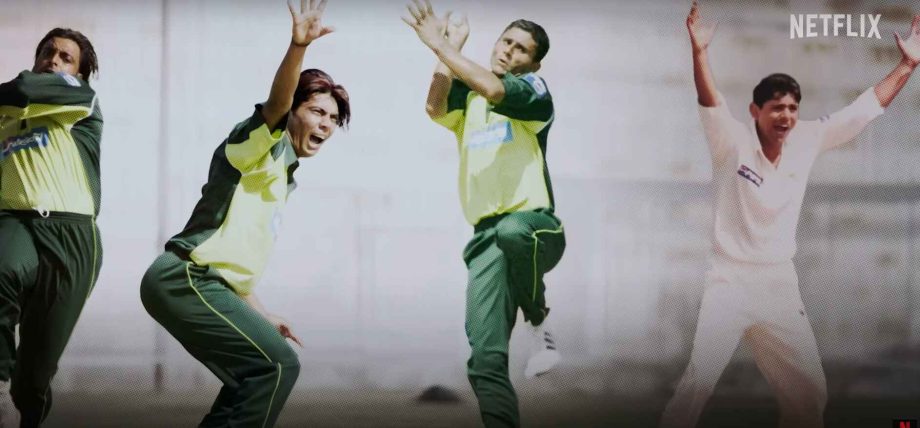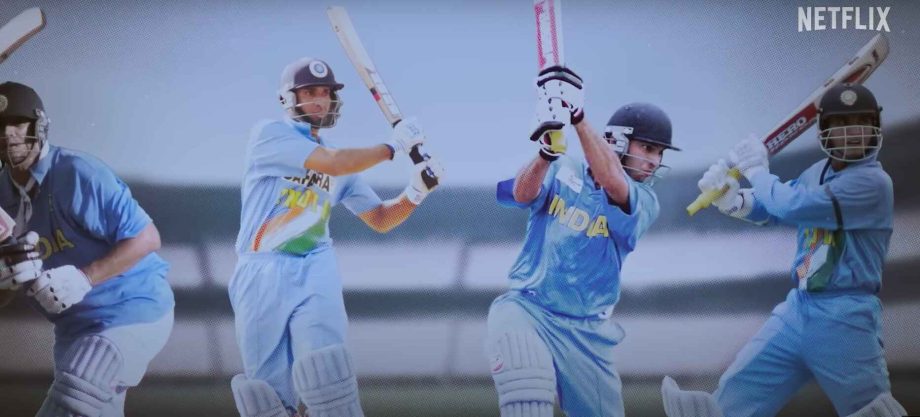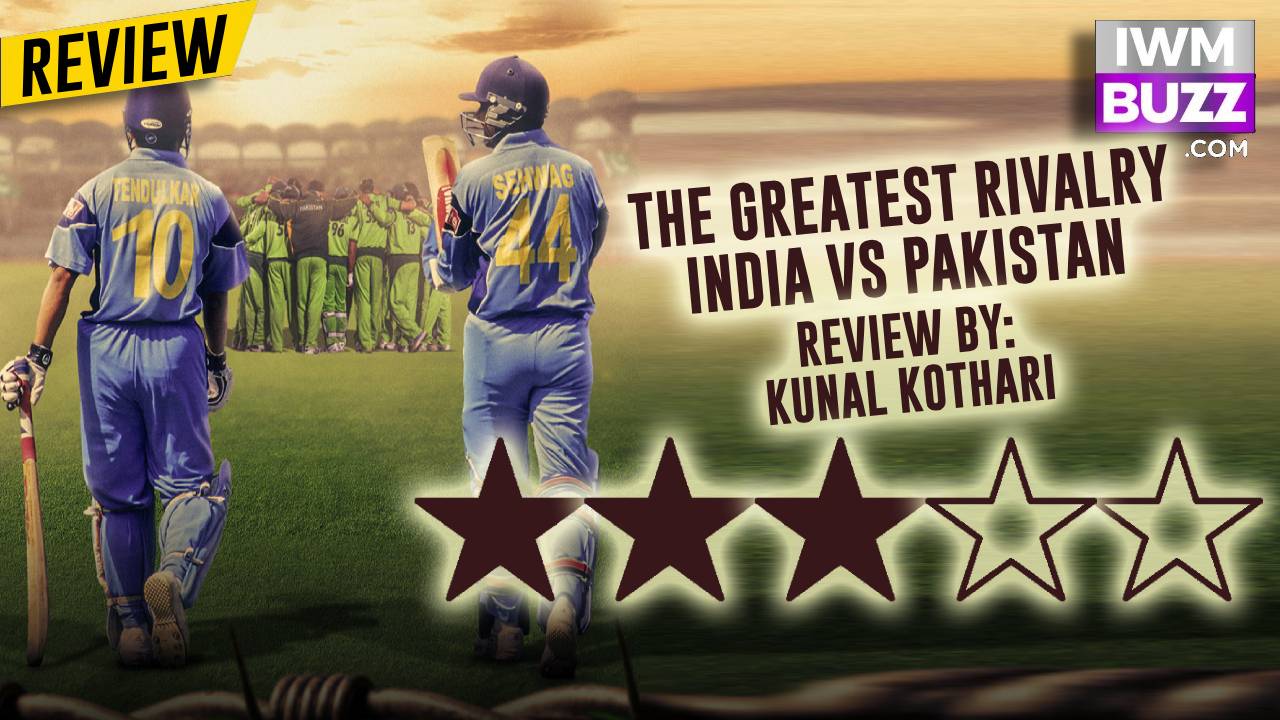The Greatest Rivalry: India v/s Pakistan (Docuseries)
Now streaming on: Netflix
Few things test objectivity like watching a documentary about a sport you live and breathe—especially when it revolves around a rivalry that fuels passion, divides loyalties, and transcends mere competition. The Greatest Rivalry: India vs Pakistan, Netflix’s latest docuseries, attempts to capture the essence of this storied clash, not just as a game of cricket but as an emotionally and politically charged spectacle that often defies logic and rationality.
Spanning a modest three episodes, each clocking in at roughly 35 minutes, the series feels strikingly short, a more pressing concern as the episodes unfold. The condensed runtime creates an underlying sense of urgency, making one wonder whether the narrative will be able to do justice to the weight of history it carries.
The sheer intensity of a packed stadium, the deafening roar of a 100,000-strong crowd, and the immeasurable pressure resting on a single delivery or a mistimed shot—all of it is brought to life with an electrifying background score and well-placed archival footage.
At its core, The Greatest Rivalry is largely anchored around the 1999 and 2004 India-Pakistan series—two moments in cricketing history that were as politically fraught as they were thrilling on the pitch. The documentary takes us back to a time when India’s tour of Pakistan was more than just a sporting event; it was a diplomatic minefield, where every run scored and every wicket taken seemed to hold ramifications beyond the boundary ropes. Amid heightened security, lingering geopolitical tensions, and a nationwide emotional investment, these matches became more than just games—they were moments of history unfolding in real-time.

The choice of focal figures is both understandable and slightly repetitive. Virender Sehwag and Shoaib Akhtar dominate the screen time, and while their anecdotes bring undeniable energy and insight, the series sometimes feels disproportionately centered on them. Granted, the 2004 series was, in many ways, the making of Sehwag—the fearless 23-year-old who dismantled Pakistan’s bowling attack and announced himself as a legend in the making. And, of course, there was Akhtar, the raw embodiment of pace and aggression, whose duels with Indian batsmen were the stuff of cricketing folklore. Their stories are captivating, but they tend to overshadow other crucial narratives that could have added depth and variety.
That being said, the presence of cricketing greats like Javed Miandad and Inzamam-ul-Haq injects a fresh perspective into the storytelling. Miandad, a firecracker in his playing days with his mind games and strategic genius, offers moments of unfiltered honesty, while Inzamam, known for his explosive batting but calm demeanor, adds a level of grounded insight. These rare appearances and their intriguing quips stand out as some of the series’ most compelling moments.

However, the absence of key players from those historic matches is glaring. The likes of Rahul Dravid and VVS Laxman—who played some of the most defining innings of the series—are noticeably missing. Similarly, the spellbinding performances of Laxmipathy Balaji, Mohammad Sami, and Umar Gul, which deserved detailed breakdowns and personal recollections, are instead relegated to fleeting references. This lack of direct participation results in a rushed, almost fragmented retelling of moments that should have carried far more weight.
And yet, despite these shortcomings, some sequences stir the soul. The sheer intensity of a packed stadium, the deafening roar of a 100,000-strong crowd, and the immeasurable pressure resting on a single delivery or a mistimed shot—all of it is brought to life with an electrifying background score and well-placed archival footage. It reminds you why this rivalry remains cricket’s greatest theatre, where the difference between heroism and heartbreak is sometimes just an inch of deviation.

To its credit, The Greatest Rivalry doesn’t take the overused route of forcing a friendship narrative between India and Pakistan. While the themes of mutual respect and sportsmanship are present, they are conveyed subtly rather than through overt sentimentalism. The docuseries acknowledges the weight of history but doesn’t try to paint an unrealistically utopian picture—it understands that while camaraderie exists, the fire of competition will always burn brighter.
Ultimately, The Greatest Rivalry is an engaging, albeit slightly incomplete, attempt at chronicling cricket’s most emotionally charged face-off. It offers moments of thrill, nostalgia, and genuine insight but occasionally falls short of providing a fully immersive deep-dive due to its limited scope and missing voices. The series leaves you wishing for more—perhaps a longer runtime, perhaps a wider range of perspectives, but most of all, the hope that one day, India and Pakistan will once again meet on each other’s soil, not just in documentaries, but in the heat of battle.


